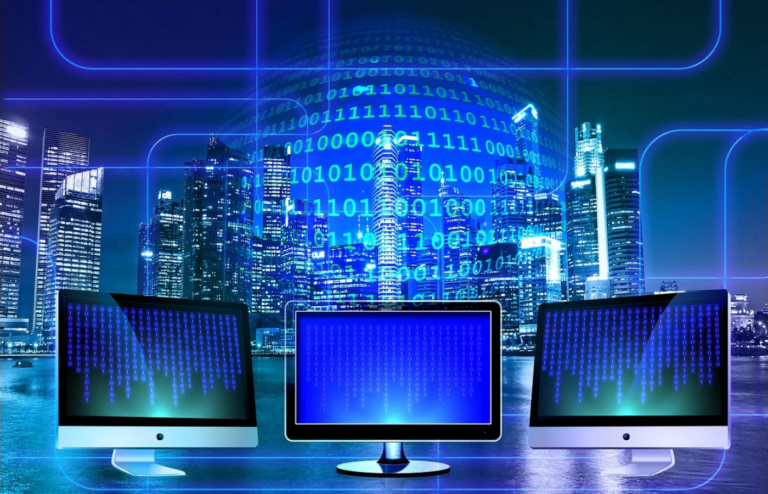Love them or hate them, electric vehicles could help inflation look a lot better right now. If you don’t believe me, that’s fine, but it’s true! Were it not for conventional combustion engines, most Americans wouldn’t even be aware of the worst of our current inflation issue. How is that possible?
Inflation Metrics

In 2024, the Federal Reserve has finally observed the inflation rate in the US cooling off. Notably, core inflation is down to around 3%, which is only a single percentage point off the central bank’s target of 2%. That’s a long way off from the abysmal 9% inflation we had as recently as three years ago.
Wait, Inflation is Down?

If that number seems weird, don’t worry. Most consumers don’t see the kinds of inflation numbers the Fed uses. After all, most people look at the price of things like groceries and gas to determine if inflation is going out of control. And, as always, gas prices remain the most visible indication to the average consumer of how the economy is doing.
The Fed Doesn’t Look at Gas Prices

The Fed prefers to use “core inflation” metrics which strip out some volatile data points like energy. Under these metrics, it’s easier to get a feel for the overall performance of the economy from a bird’s eye vantage point. Leaving out some of those volatile data points, however, ignores how inflation feels to the people who are impacted by it the most.
EVs Could Change the Picture
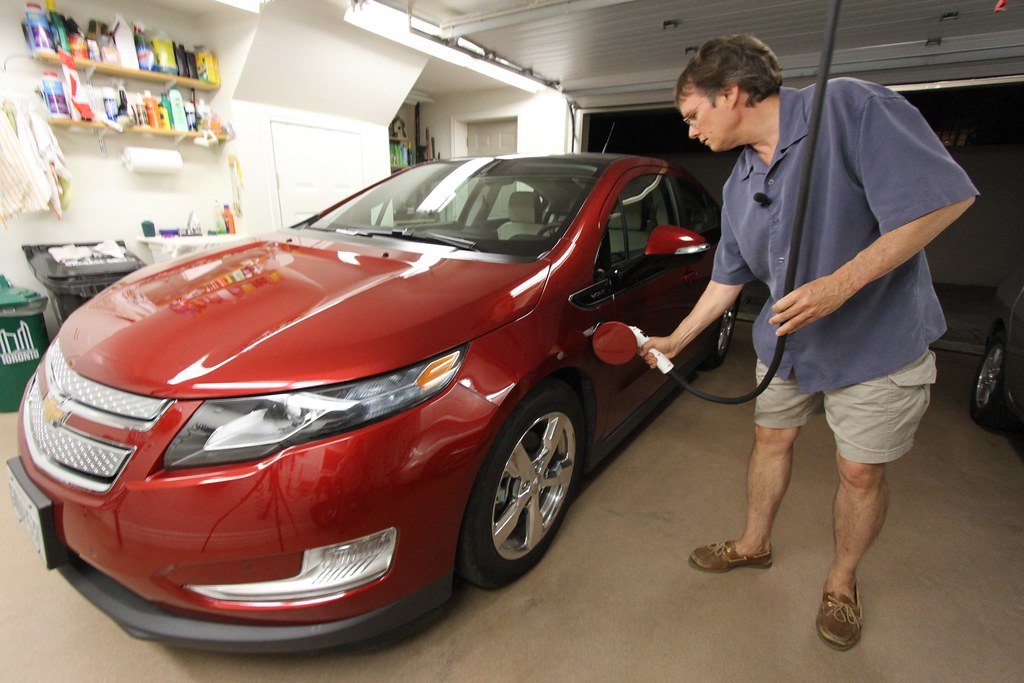
If everyone drove EVs, though, they wouldn’t be beholden to the sky-high prices of gasoline. Sure, the power grid fluctuates in cost along with everything else in the economy, but energy costs tend to be more stable from power plants than from oil refineries. This would dramatically alter the public’s perception of inflation.
An Electrified Future
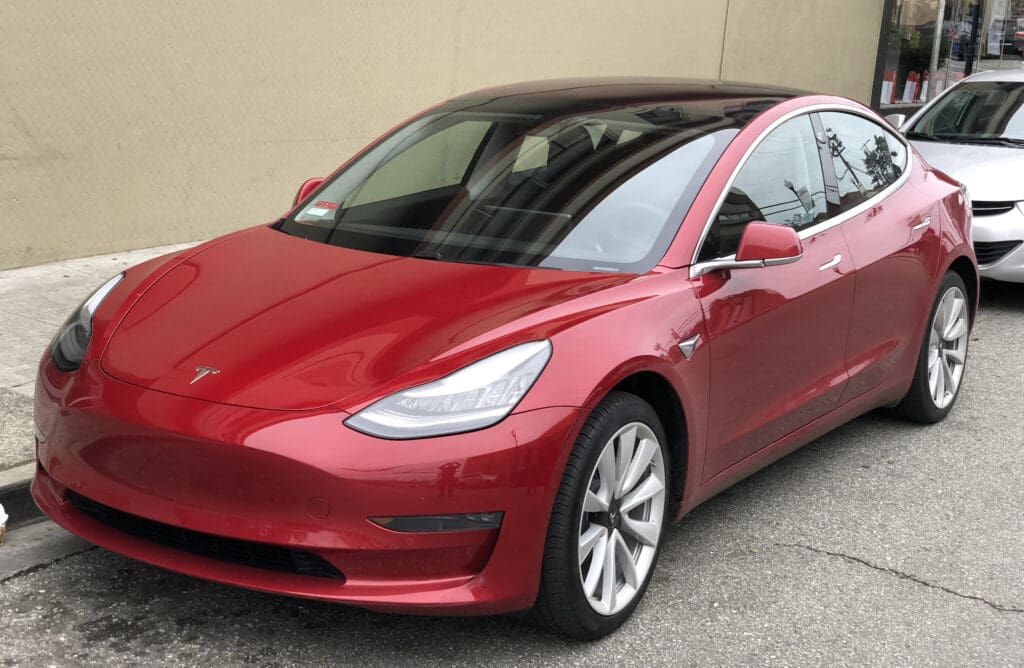
That being said, the uptick in EV usage isn’t going quite as fast as some pundits expected just a few years ago. Now, it looks like a halfway approach with lots of hybrid vehicles might be the likeliest outcome for the next decade or so as the US reconfigures its power grid to fit the demand of so many EVs out in the wild. Right now, only just over 40% of Americans plan to make an EV their next car.
Commercial Fleets
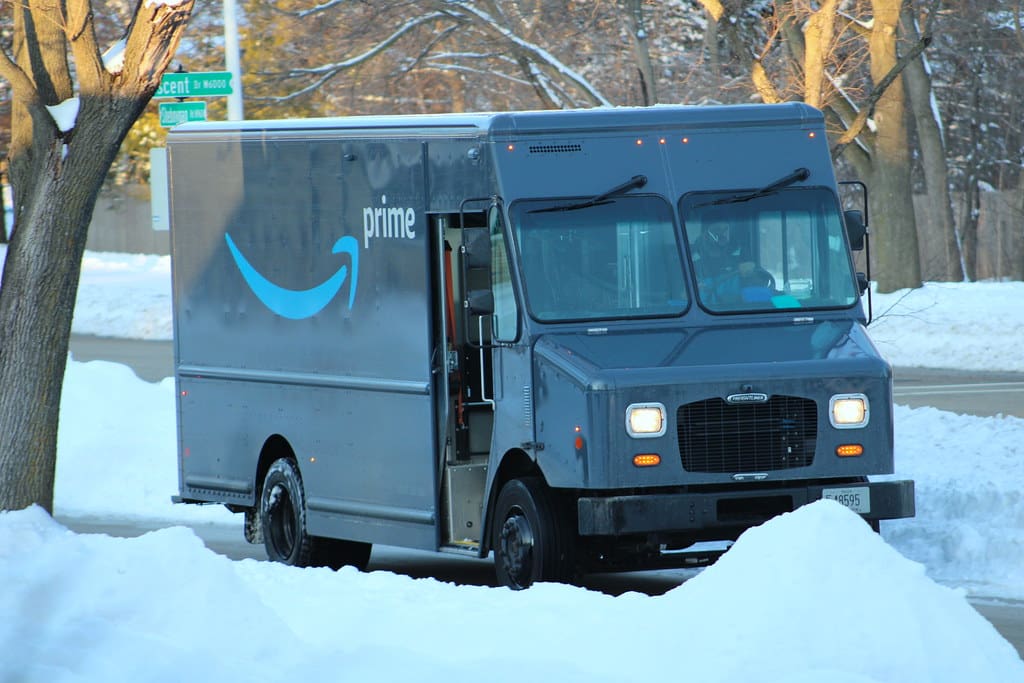
Ironically enough, it seems more likely that commercial fleets like Amazon trucks will be the first major adopters of mass electrification in the US. Ford has noted a very quick uptake of EVs among its commercial clients, indicating that logistics and delivery companies might begin relying on electricity sooner than the average driver.
The Fed Isn’t Going to Try to Help, Either
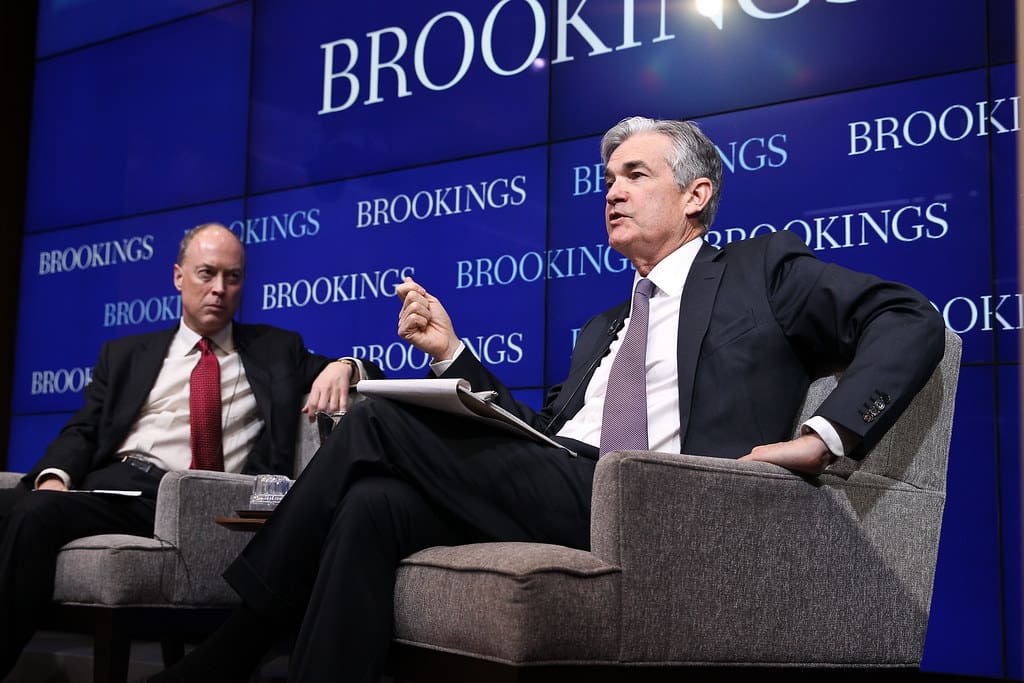
The Fed’s also disinterested in helping usher in “green energy” economic moves. Fed Chair Jerome Powell noted last year, “Without explicit congressional legislation, it would be inappropriate for us to use our monetary policy or supervisory tools to promote a greener economy or to achieve other climate-based goals. We are not, and will not be, a ‘climate policymaker.’”
Not Likely to Change

Indeed, the only policy the Fed seems interested in pursuing is financial policy. Anything beyond that is outside the bank’s scope, making it potentially illegal for them to even consider such moves. Still, it’s worth noting that the central bank would benefit greatly from a sudden electrification of the average car.
Inflation Anchors
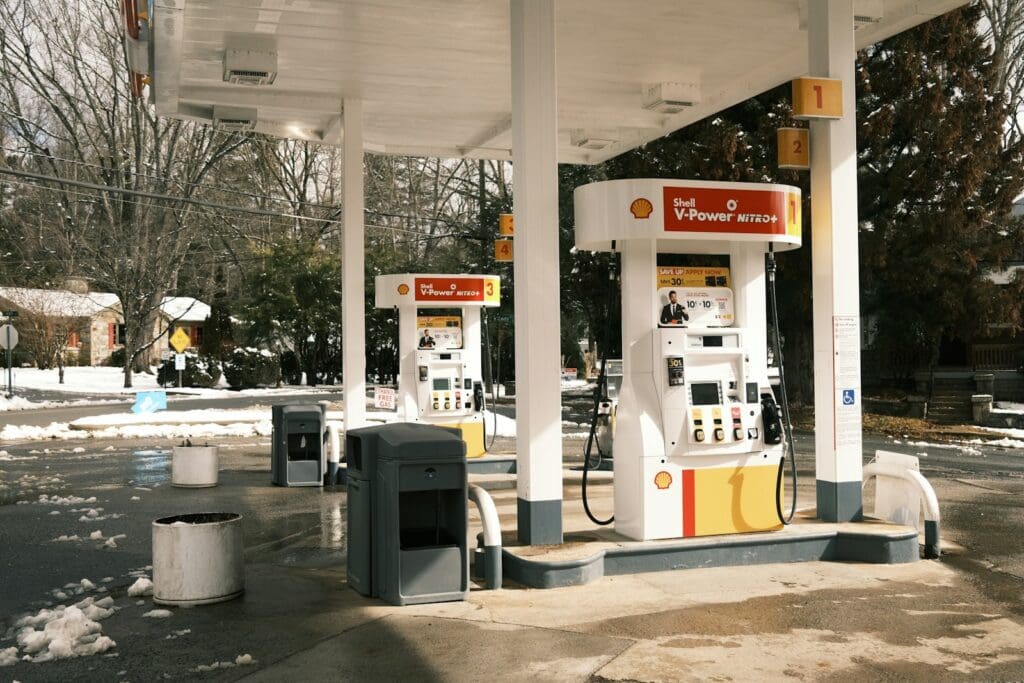
So, EVs would help people not rely on gasoline. But how would that impact inflation? Well, the clearest way is that it would allow the average consumer to ignore extremely volatile price fluctuations and instead reap the benefits of the Fed’s core monetary policy. The things the Fed’s policies impact the most, called inflation anchors, would be clearer for the average American in an all-EV future.
Not Happening Soon
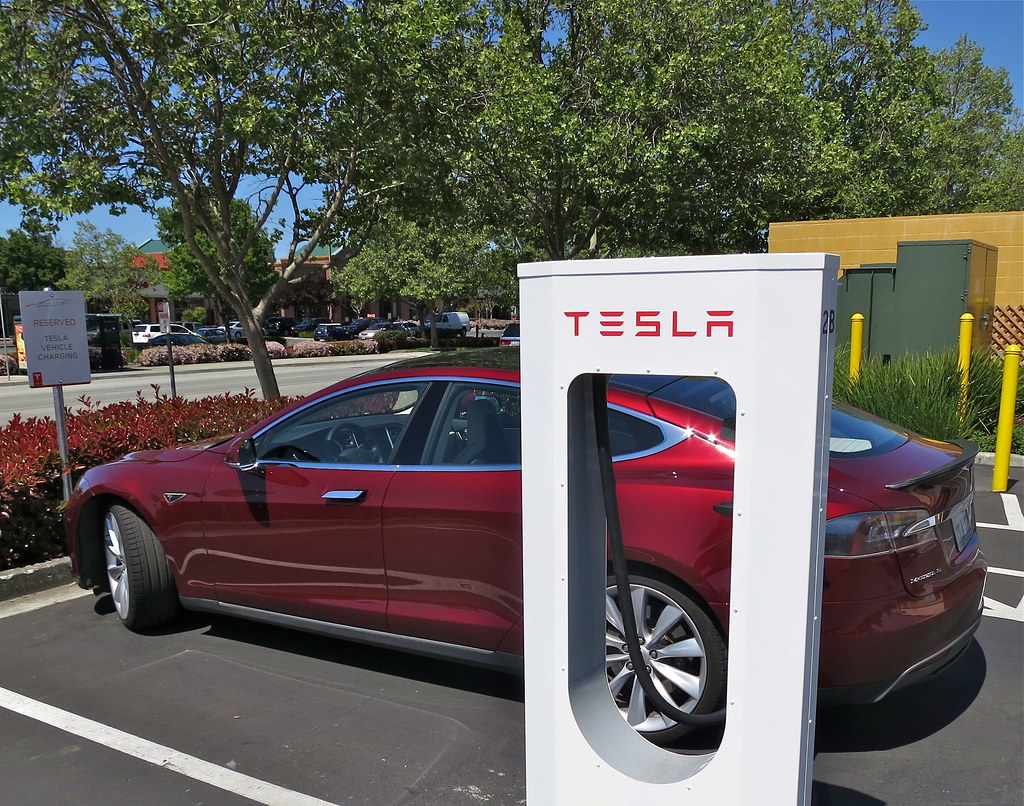
For a variety of reasons, though, that all EV future isn’t coming tomorrow. Some major hurdles still remain, from infrastructural issues with EVs’ power consumption to some people resisting the idea of ever switching away from a convention engine. Still, the Federal Reserve would love it if we did all switch overnight.






